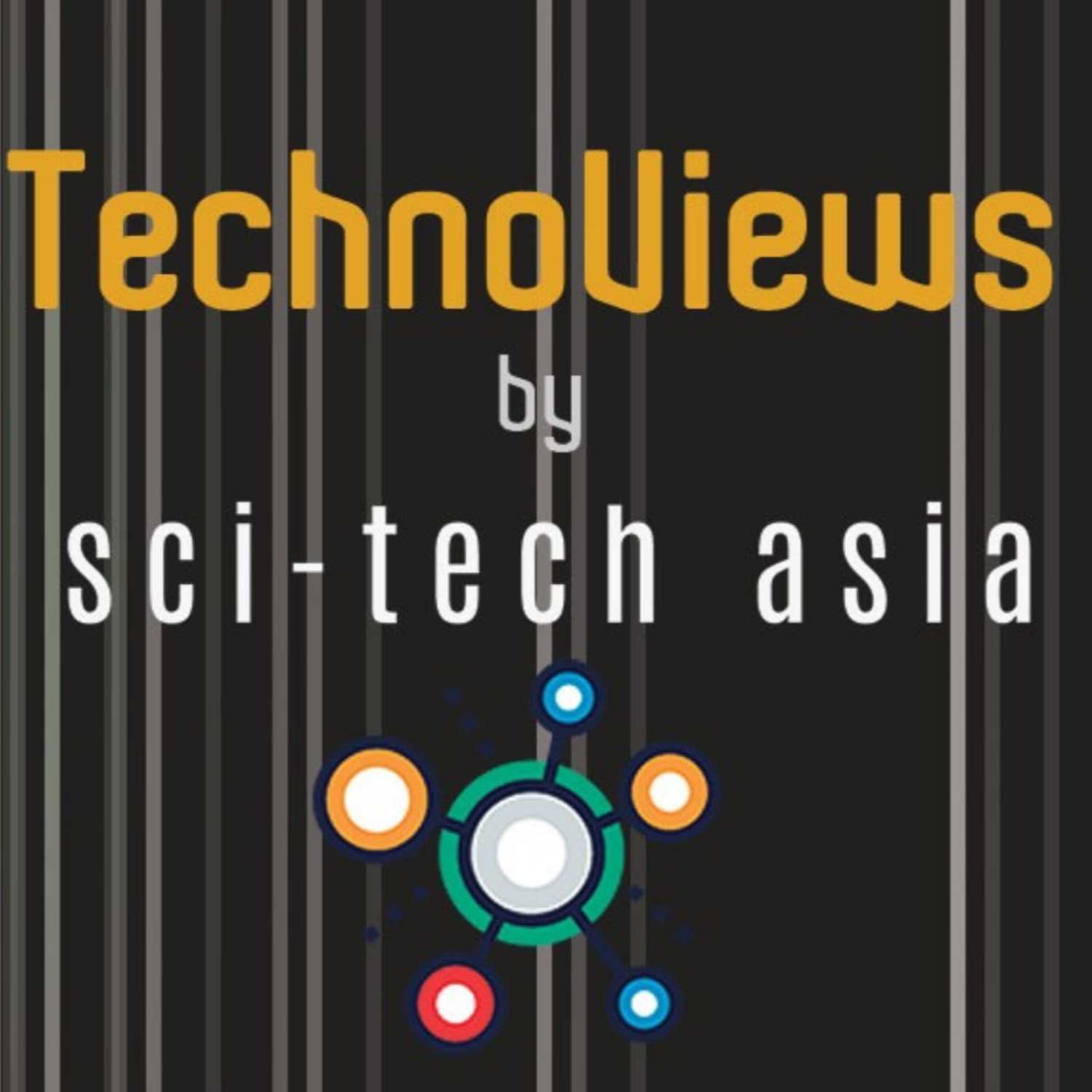Episodes
Published 02/08/24
Published 12/24/23
Silvia LINDTNER, interviewed by Joseph BOSCO on 25 October 2022
ABOUT THIS PODCAST
In this podcast, Dr. Lindtner explains what is the “maker” movement, and why she focused on this phenomenon. She discusses how she conducted ethnographic research in companies that can often be wary of outsiders, especially foreigners. She also discusses how making was appropriated by the Chinese Communist Party as part of the state’s tactics of hegemony, functioning not by coercion but by promising happiness....
Published 11/03/22
Published 11/03/22
Gonçalo SANTOS, interviewed by Jun ZHANG on May 26, 2022ABOUT THIS PODCASTThis podcast discusses village life in China today after more than four decades of radical programs of urbanization and modernization. As China became a predominantly urban and industrial society with increasing levels of affluence, the government expanded its capacity to implement large-scale programs of development aimed at turning “backward” Han Chinese peasant populations into modern “civilized” subjects more...
Published 06/01/22
Andrew KIPNIS, interviewed by Jun ZHANG and Gonçalo SANTOS on October 28, 2021ABOUT THIS PODCASTThis podcast discusses urbanization in China through the lens of changing funerary practices. It examines how spatial reorganization during Chinese urbanization problematized death, and how newly emerged forms of familial organization, stranger sociality, and economic restructuring were reflected in changing funerary rituals and the rise of the funerary industry. It also discusses some of the...
Published 11/08/21
Lena KAUFMANN, interviewed by Joseph BOSCO on 9 Sept 2021ABOUT THIS PODCASTIn this podcast, Dr. Kaufmann discusses what she means by the term “sociotechnical,” and “paddy field predicament,” the fact that in the area she researched, paddy fields need to be continuously planted or they become damaged and less productive. We also discuss her argument that technology is not simply a matter of linear progress, and whether her argument is really different from the “appropriate technology” argument...
Published 10/14/21
Lyle FEARNLEY, interviewed by Jun ZHANG on 11 August 2021.ABOUT THIS PODCASTIn this podcast, we discuss how virus surveillance systems identified China as an "epicenter" or source of pandemics, and discusses how these scientific approaches drive a broader "geography of blame." Drawing on Fearnley's book on avian and pandemic influenza science in China, we explore why wet markets, wild animal foods, and China's rural farmers are repeatedly blamed for the emergence of new diseases.FEATURED...
Published 09/10/21
Nicolas STERNSDORFF-CISTERNA, interviewed by Jun ZHANG on 28 July 2021.ABOUT THIS PODCASTThis podcast discusses the aftermath of the accident at the Fukushima Daiichi nuclear power plant and food safety. The accident forced people to confront new risks in their lives and to question whether government policies would keep them safe. This led to the emergence of social movements in which citizens learned about the properties of radiation and how to source food that they considered safe.FEATURED...
Published 08/12/21
Susan GREENHALGH, interviewed by Joseph BOSCO on 19 February 2021.FEATURED AUTHORSusan Greenhalgh is the John King and Wilma Cannon Fairbank Research Professor of Chinese Society in the Department of Anthropology at Harvard University, and the co-editor of the recently published volume, Can Science and Technology Save China? (Cornell University Press, 2020). Her two most recent books are Fat-Talk Nation: The Human Costs of America’s War on Fat (2017) and Cultivating Global Citizens:...
Published 03/29/21
Li ZHANG, interviewed by Joseph BOSCO on February 5, 2021.FEATURED AUTHORLi ZHANG is a professor in the Dept. of Anthropology at the University of California—Davis, and the author of the new book Anxious China: Inner Revolution and Politics of Psychotherapy (2020, University of California Press). Her two previous single-author books are Strangers in the City: Reconfigurations of Space, Power, and Social Networks within China's Floating Population (2001), and In Search of Paradise: Middle...
Published 03/07/21
This episode we speak with Jun Zhang, author of the new book Driving toward Modernity: Cars and the Lives of the Middle Class in Contemporary China – www.cornellpress.cornell.edu/book/97815…bookTabs=1Jun Zhang is Assistant Professor of Asian and International Studies at City University of Hong Kong.We spoke to Jun about what it is like to be the first person in your family to ever own a car, the massive increase of cars, and car owners, within China over the past two decades, and how the...
Published 01/16/21
TechnoViews #6Solar Energy in ChinaInterview with Edwin A. Schmitt (Olso University), April 2019.
Published 01/10/21
TechnoViews #5Genocide/Feminicide, Memory, and Technologies of ViolenceInterview with Fazil Moradi (LOST), December 2018, Max Planck Institute for the History of Science.
Published 01/10/21
TechnoViews #4 Doing Anthropological Research on GMOsInterview with Glenn Davis Stone (Washington University), December 2018, St. Louis, Missouri.
Published 01/10/21
TechnoViews #3 Environmental Crisis in ChinaInterview with Stevan Harrell (University of Washington), June 2018, Whatcom County, WA.
Published 01/10/21
TechnoViews #2 'The Crafting of the 10.000 Things' | Dagmar Schäfer (MPI for the History of Science)
TechnoViews #2 The Crafting of the 10,000 Things. Shifting Frameworks of Knowledge and Technology in Imperial ChinaDagmar Schäfer (Max Planck Institute for the History of Science)Interviewed by Gonçalo D. Santos on March 22, 2018, Hong Kong.FURTHER READINGSchäfer, Dagmar. 2011. The Crafting of the 10,000 Things: Knowledge and Technology in Seventeenth-Century China. University of Chicago Press.MOSTRAR MENOS
Published 01/10/21
TechnoViews #1 The Craft of Anthropology. Doing Fieldwork with Artisans in Thailand and Greece in Times of ChangeInterview with Michael Herzfeld (Harvard), 6th March 2018, Hong Kong.FURTHER READINGHerzfeld, Michael. 2004. The Body Impolitic: Artisans and Artifice in the Global Hierarchy of Value. University of Chicago Press.Herzfeld, Michael. 2016. Siege of the Spirits: Community and Polity in Bangkok. University of Chicago Press.
Published 01/06/21


